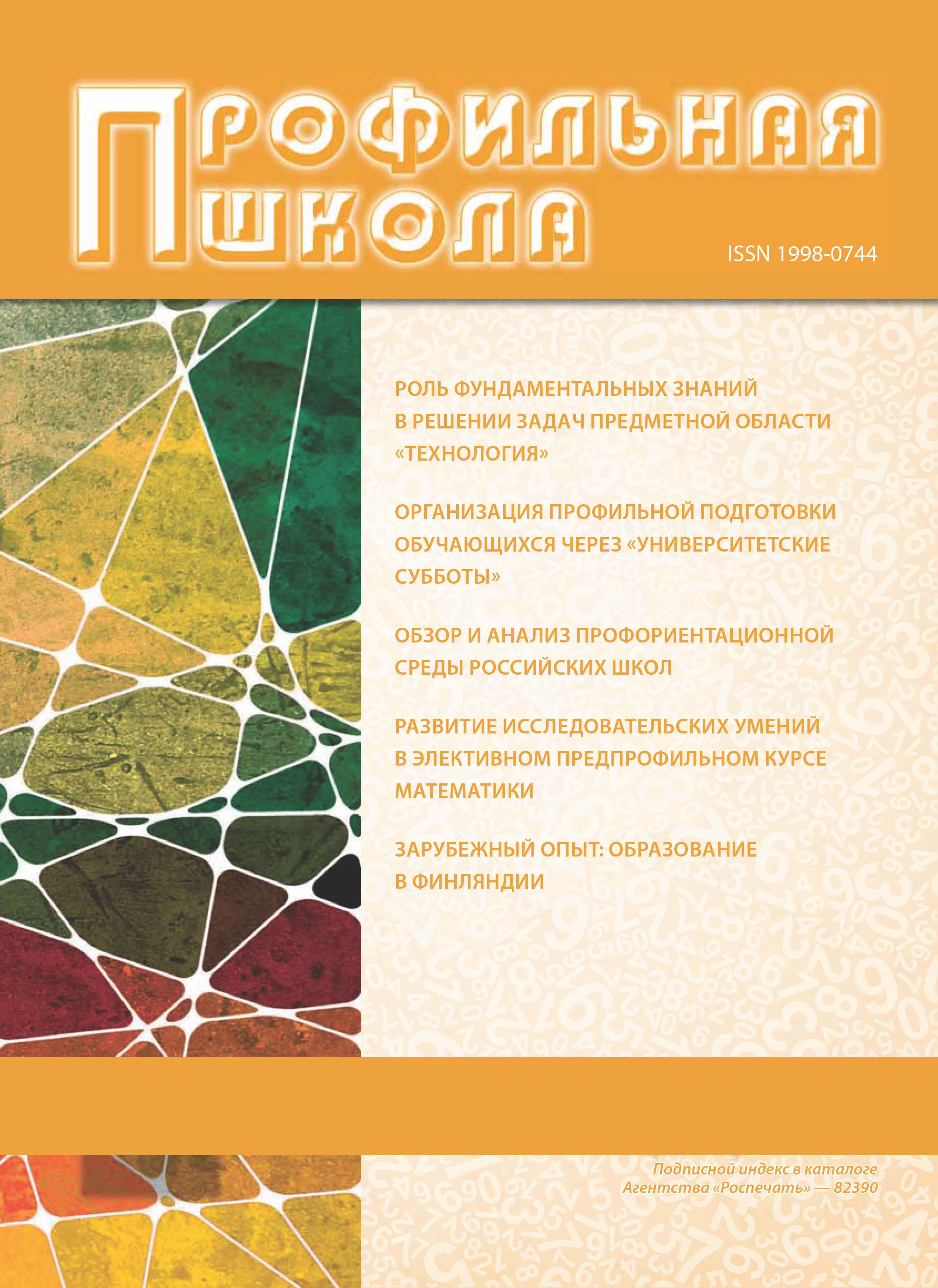Moskva, Russian Federation
The article presents the experience of developing a mobile application for learning a foreign language. The relevance of this work is due to the need to use auxiliary tools in the educational process in the context of distance learning, as well as the relatively low efficiency of existing applications. A description of the main stages in the development of the program is given, in particular, a comparative analysis of existing solutions is carried out, various approaches to learning the language are considered, and the main functional characteristics of the developed application are listed. The data of the experiment to determine the level of knowledge of users of the developed application are presented.
mobile application, grammar, phonetics, language game, information technology, methods of learning foreign languages
1. Reverso Technologies Inc. Reverso Context. Available at: https://context.reverso.net, (Accessed: 20.01.2022).
2. Stack Overflow. Stack Exchange. Available at: https://stackexchange.com (Accessed: 20.01.2022).
3. Grigorenko A.M. Mobile applications as a means of organizing independent work in the study of grammar of a foreign language. M.: Scientific and Pedagogical Review. Pedagogical Review, 2019. Issue 1 (23).
4. Eremeeva G. R., Baranova A. R. The method of interval repetitions in the study of a foreign language. M.: Bulletin of Science and Practice, 2016, Issue 7.
5. Cambridge University Press. Cambridge Dictionary [Electronic resource] // URL.: https://dictionary.cambridge.org/ru / (accessed: 14.01.2022)
6. Kapina A. A. The possibilities of mobile applications in the process of learning a foreign language. M.: The World of Science, culture, education, 2019. Issue 6 (79).
7. Kozhevnikova T. V. English for universities and communication institutes: Textbook for universities - Moscow. Knorus, 2021. 335 P.
8. United Nations Educational, Scientific and Cultural Organization. UNESCO Recommendations on policy in the field of mobile learning [Electronic resource] // URL: https://iite.unesco.org/files/news/639198/ISBN_978-92-3-400004-8.pdf (accessed: 01.09.2021)
9. Expenses I. A., Shipova E. O. Combination of traditional and innovative approaches to teaching English to students of technical fields. Moscow: International Scientific Research Journal, 2021. Issue 3 (105).
10. Smolina L. V. On the possibilities of using interactive technologies in the process of teaching a foreign language in a non-linguistic university. Moscow: International Scientific Journal Innovative Science, 2017. Issue 03-2
11. Filippovich I. I. Approaches to teaching grammar of a foreign language. M.: Scientific Bulletin of the Southern Institute of Management, 2014, Issue 4.
12. Charlie Brown Brent Halligan, Joseph Phillips. New general service list [Electronic resource] // URL: http://www.newgeneralservicelist.org (accessed: 10.01.2022)
13. Chirkova V. M. Integration of mobile applications into the electronic educational environment in the process of learning foreign languages. Moscow: Baltic Humanitarian Journal, 2021. Vol. 10. Issue 2(35).
14. Alybayeva G. B., Bahramova Zh. G. Communicative approach in teaching a non-native language. Moscow: Bulletin of Science and Education, 2020. Issue 3







